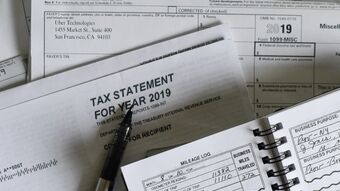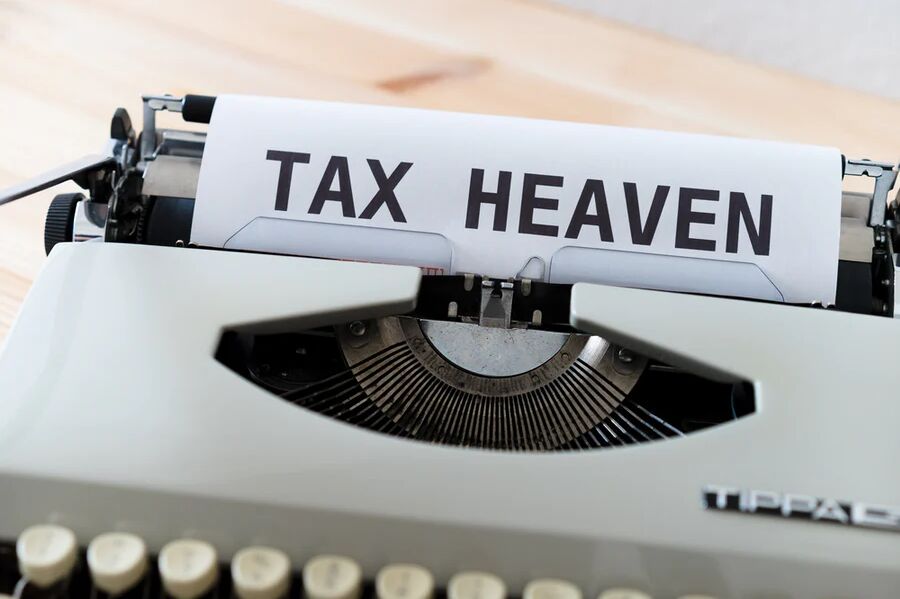CARE: Reform income tax system post-covid to take account of families
Marriage and Family
It's time to review and reform the income tax system to take account of families, CARE has said.
In its submission to the Treasury Select Committee's Inquiry into Tax after Coronavirus, the charity also added that it considers the present time of national crisis an unprecedented opportunity to ensure the tax and benefits system work together, not against each other.
CARE also said that taking account of family responsibility will ensure the UK can begin to pay off its debts in a way that treats people fairly and equitable and does not trap low-income families in poverty.
Uniquely, the UK has a highly individualised system of taxation that barely recognises family responsibilities.
As CARE's annual reports into the way the tax burden is shared out among those with family responsibilities and those without.
The message over the years has been remarkably consistent. The UK gives families and especially one-earner married couples a rough ride compared with other developed OECD countries.
CARE's latest report showed at the OECD average wage for a married couple with two children, they pay 39% more income tax than a comparable French family, more than three times that of a US family and more than 10 times that of an equivalent German family.
What makes the situation even worse is that the amount of tax that families pay bears little relationship to how well off they are.
What’s caused the problem?

In its submission, CARE argues that the cause is because the UK income tax is based on individuals and, unlike in most developed countries, takes little account of family responsibility.
In sharp contrast, the benefits system - including tax credits and universal credit, are based on households.
Back in 1990, the UK adopted independent taxation and this was an important step towards modernising the tax system. But where the UK went wrong was the in decision to embrace an unusually invidiaulistic form of independent taxation.
Apart from the marriage tax allowance (currently only 10%), there are very few ways in which family respomsilbitiy is recognised at all.
This has left the Department for Works and Pensions filling in the holes, creating perversely high effective marginal tax rates that stifle ambition and aspiration.
The state ends up meeting the needs of the poorest in society, but it does so through the UK's hugely inflated benefits system. The end result is families are trapped in poverty with some of the highest effective marginal tax rates in the world.
What should the government do?

CARE is calling for the income tax system to be reviewed and reformed so that it takes account of the make-up of a family, rather than just looking at the individual being taxed.
Taking the family into account will ensure that as we begin to pay off debts created in this time of national crisis, it's done fairly and equitably and in a way that does not trap low-income families in poverty.




Share story
CARE: Reform income tax system post-covid to take account of families